Our MusicalWriters Academy Reading Series is thrilled to now have our first year of performances under our belt. Led by our Producing Director Rebecca Lowrey, we’ve been privileged to produce readings of Bucket of Blood by David Stidham, Beyond Perfection by Kenady Sean, Khan! The Musical! by Brent Black, My Father’s Dragon by Sam Steere, and Foodies! by Michael Kaplan & Jeff Mar. We have so many more in the pipeline, so stay tuned!
In addition to allowing the writers to hear their work up on its feet, one of the most valuable results of these readings are the feedback from the actors, audience, and the producing/directing team. Much of it is specific to the individual shows, but there are also great insights that can be received by all writers.
The more shows we do, the more we are answering this question: What are actors, producers, and audience members looking for in new musicals?
We’ve compiled some feedback that might be worth considering for your show!
What Actors are Looking For in New Work
Non-Traditional Heroes
Actors are seeking shows led by BIPOC, LGBTQ, and other non-traditional heroes that aren’t about them living their trauma on the stage. Actors want shows where the storyline is not just about the tragic things that have happened to this individual or to this group. They are craving lovely, happy, hopeful stories. The same for people with disabilities—actors want to see stories of them experiencing joy, being celebrated, saving the day, and being the superhero.
Non-Romantic Plots
Another thing that surfaced from our actor feedback was a hunger for non-romance focused plots. They want to see strong leading roles for women without the token love component and also shows that can be done at the young adult level and not be so wrapped up in in the Boy Meets Girl love plot.
Varying Vocal Types
Another request is more variety in the vocal types featured. So many traditional shows are in a rut where the lead male is always a tenor and the female lives in her highest belt. What if the lead was an alto? Or a baritone or a bass? Maybe we can all explore options in varying vocal types across the board.
Age Diversity
Those of us who have crossed to the other side of 40 can appreciate this one: There was actually a high demand for shows that focus on middle age or older actors. What happens after the kids leave the nest? What does marriage look like? Let’s explore the new changes of love and sex and everything in life after 40. We have brilliant 40- to 60-year-old actors who are tired of always being the grandma or the over-worked mom or the grumpy old man next door.
Open Character Descriptions
Writers can really speak into how a show is cast by what they put in the cast needs and the character descriptions. Actors—as well as directors—would love to see more shows where all roles could be played by any age, ethnicity, and gender. It’s also a good for the writer to be open to roles being transposed. Consider giving the director and music director the freedom to transpose the music to meet the actor’s range. If a role could be male or female, the creative team can then adjust the key or register to meet the actor.
Representation With Accuracy
A really important topic also surfaced which all writers should take seriously: In writing for or about people that are different than you (i.e. if you’re a white person telling a BIPOC story), you better have done your homework and gotten some feedback and consultation. One Dallas actor remarks, “We can always spot a story about us that was done without us. I’ll repeat that again. We can always spot a story about us that was done without us.” So when you are creating characters in roles that are living different lifestyles or different experiences than you, consult other people in the writing of those characters.
“We can always spot a story about us that was done without us. I’ll repeat that again. We can always spot a story about us that was done without us.”
~Dallas Area Actor
What Producers are Looking For in New Musicals
Small Casts
Producing Director Rebecca Lowrey says she would love to do shows where the cast is comprised of only two to four actors. “I love where the actors never leave the stage- it’s all up to them. Some of my favorite shows that exist are Ordinary Days – four people. Title of Show – four people. Tick Tick Boom – three people. Last Five Years – that’s my personal favorite, I love it. Plaid Tidings – four people. I love small, intimate shows. Obviously, it’s challenging for the actor. Everybody’s very much an ensemble member because they’re on stage the whole time.”
Female Casts
We also have had many producers, directors, and educators who said they’d love to see shows—big, medium, small—for mostly female casts. Ms. Lowrey comments, “So many shows are predominantly male. It’s already difficult at the regional and community level and is especially hard for middle and high schools when they’ve only got two young men who can sing. And those voices aren’t usually ready to sing the Broadway shows’ crazy high tenor parts.”
Shows Appropriate for All Ages
From those running theater (producers, directors, artistic directors, everyone), the thing that kept coming up over and over and over is a need for shows that are appropriate for any age audience and/or performer—even if the intention is for it to be performed by adults. They are seeking shows that can be done appropriately with younger ages, shows with appropriate topics that aren’t redo’s of Disney stories or fairy tales, and high school appropriate musicals that are not overly sexualized.
Unique Musical Styles
Producers and actors alike have showed a strong interest in acapella musicals. This might be due to the popularity of groups such as Pentatonix and shows such as “Glee” and “Pitch Perfect.” On TikTok, the sea shanty is really big right now. If you’re feeling like breaking the traditional Broadway pop musical style, go for it! Create something new and exciting!
What Audiences are Wanting See
New Stories
One of our feedback responders said, “more Urinetown, less Little Women.” Audiences are craving new creative works and less of the same-old-same-old well-known storylines.
A Good Time
Especially in this early post-covid time, audiences universally want a fun escape through an upbeat show. Things that are colorful, fun, and positive. A favorite audience response we received was “don’t pander to me, don’t patronize me, and don’t preach to me. Give me authenticity and truth.”
Writers, you’ve got your work cut out for you. Go make great theater, and get a little out-of-the-box!

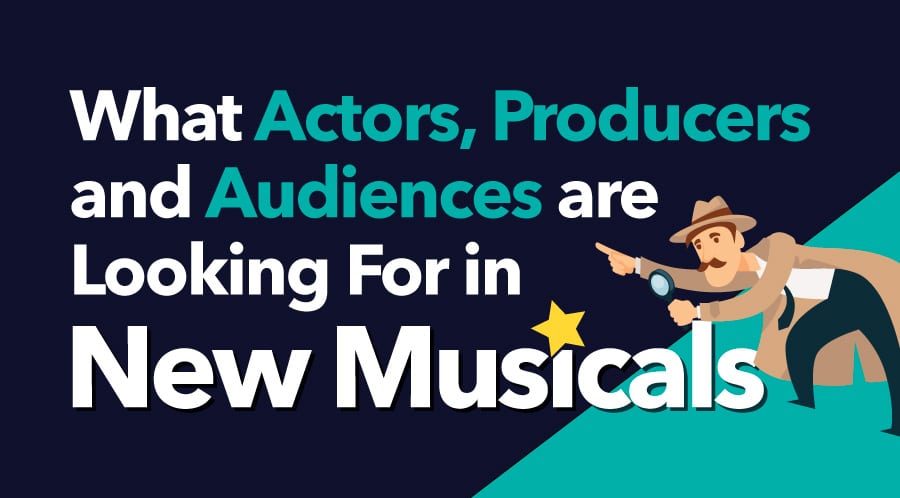
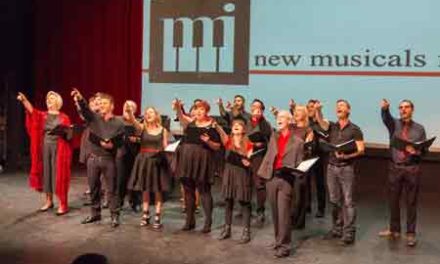

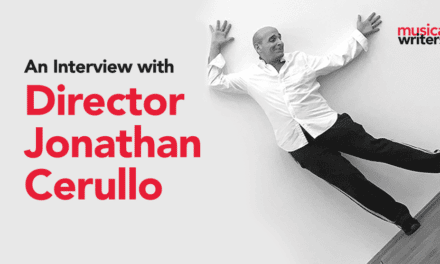
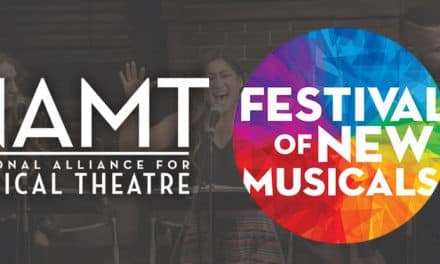








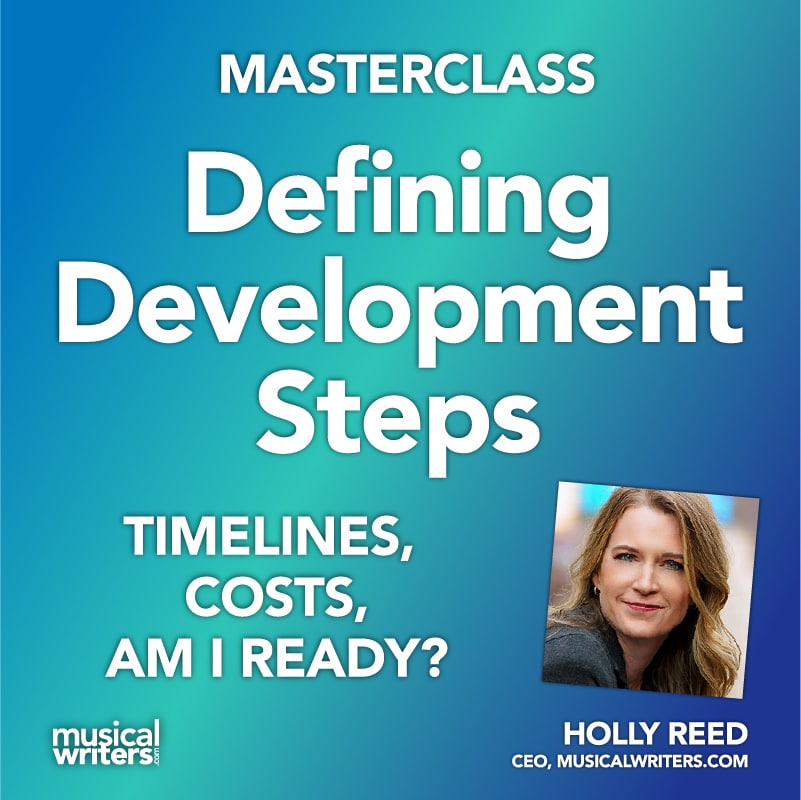

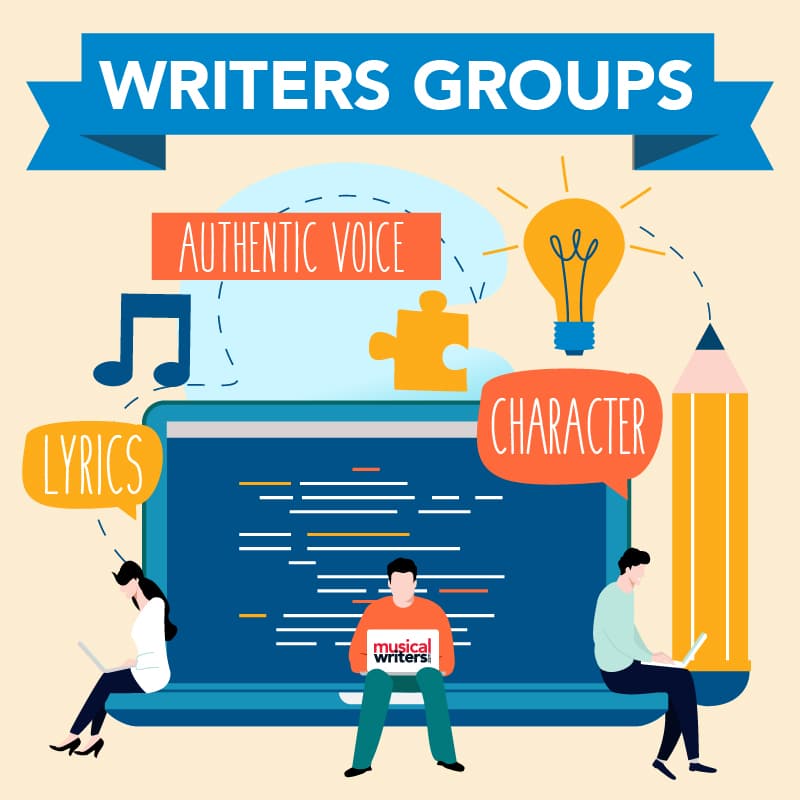


YES, YES, YES! Love these suggestions. I’m currently working on two scripts that include 9/10 of these. These are exciting times for creatives. Thanks for this info.
*Request: I would love an interactive workshop, that implements these suggestions, where we take popular musicals and explore ways to Before-After transform them.
Such a great idea for a workshop, Pam! I’ll jump on that right away! More soon! 🙂
I want laughs and heart!
Great insights in this article! All of these thoughts had occurred to me at one point or another, but it’s great to see them all presented so cogently. One thing that I’m curious about is simplicity vs complexity – are actors, producers and audiences interested in shows that challenge the audience with work that is complex, unexpected and possibly ambiguous? Or the opposite – work that is simple, direct, fulfills expectations and explains itself fully?
I think all of this is great but in the long run you have to write what you feel passionate about even if it’s a fun and entertaining musical that doesn’t fit want everyone wants. Otherwise, you’re trying to please everybody which will please no one.Besides, we will never have all different kinds of musicals but rather what one thinks the audience wants.It will all look the same and that’s not what theater is about. Give me Gypsy and give me Sunday in the park with George.(the later one)
Obviously, MusicalWriters agrees with me about humor and heart because the selections for Academy Readings, Khan: The Musical, My Father’s Dragon, and Foodies, all have both laughs and heart. ????
(Buckets of Blood and Beyond Perfection were before my time, so I can’t speak to those.)
Most of these ideas come naturally to me. Considering my personal demographics and life experiences, one would expect that to be the case. I am a believer in writing about what I know best. I take issue with small casts. I just saw Six (80 minutes) and for colored girls…. (90 minutes) with six (obviously) and seven characters respectively. As dynamic as the words, music, and movements are, the impact would have been diminished if the creators tacked on additional material. Yet I left each theater feeling I didn’t have a full night of entertainment. I’m not sure what I would make of a musical with three or four characters. Careful about what I wish, given I am seeing The Inheritance, Parts 1 & 2, in Boston on May 19.
Good stuff.